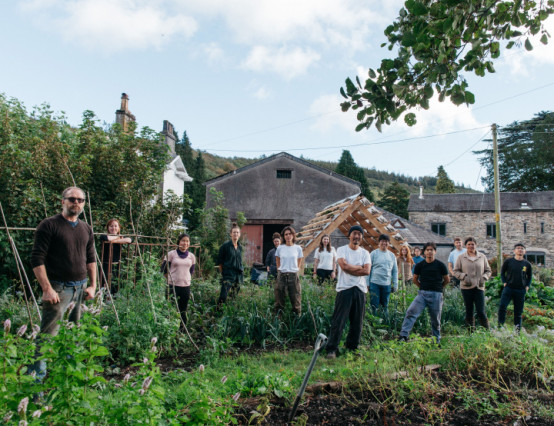For the next three months, Voice is going to be questioning the assumption that all young people vote alike. We want to highlight diversity of opinion, encourage meaningful dialogue and engage with perspectives from across the political spectrum.
What is The Young Vote?
We'll be approaching this new series in three main ways. Firstly, we’re engaging with young political and cultural leaders to find out what issues are important to them. Secondly, we’re interviewing political experts and democracy advocates who can contextualise why, and how, young people participate in politics. Lastly, we’re calling on all of the Voice community to participate in The Young Vote Survey. Through this <10 minute survey we want to understand how you participate in politics and what matters to you ahead of the next election.
Why focus on voting?
For many, young people’s political participation is synonymous with the Left. On the one hand, young people are presumed to be more passionate and engaged with social justice issues. On the other, the salience of economic and taxation policies, the typical Conservative ticket, increases with age. Historically, parties have attracted voters in their late teens or twenties through promises of social reform.
The turnout for 18-24 year old voters was the lowest on record in 2001 and 2005 (40.4% and 38.2% respectively) which has led many to view young people’s behaviour as homogenous. Often their election turnout is low, and if they do turnout, they improbably vote for left-wing parties. Levels of support may fluctuate and are likely to depend on policy positions and leadership. Furthermore, recent research from LSE has shown that the burden of austerity fell on those least likely to vote, causing further disillusionment among non-voters in the UK.
However, much has changed since the last election in 2019 and, since 2017, the young vote has steadily increased. Young people casting their first vote in the coming election came to political maturity during the pandemic and have experienced the repercussions of Brexit. Participation has also changed. Our recent series on Voice highlighted the various modes of creative political activism. If young people are more likely to turn to activism as a form of expression, how will this affect the young vote?
So, for Voice, discussions around voting open up several areas of dialogue crucial to further understanding how you engage with politics. We want to consider the alternative ways you engage in politics. We want to understand which issues are of vital importance in the next election. We want to know whether and how school education contributes to political awareness.
But politics isn’t for me
That’s okay – and honestly, that’s fair enough. A recent YMCA report showed that for those least likely to vote in the next election, 38% cited not caring about politics as the driving factor.
The Young Vote will also be addressing why young people are not interested in politics. Reasons might relate to structural barriers, such as voter registration, which prevented 33% of eligible voters casting a ballot in 2019. Or, disinterestedness might relate more to a general lack of political education in schools.
In fact, we want to hear directly from people who don’t consider themselves to be interested in politics. So if that’s you, please do still participate in our survey to help Voice reach as wide a segment of young people as possible.
What’s next?
You can respond to The Young Vote in three ways.
Participate in our survey (10 minutes of your time!) and enter a competition for two £40 vouchers.
Post to Voice using the tag #TheYoungVote to share what motivates you politically.
Keep and eye on the site as we release interviews and blogs sharing diverse opinions on The Young Vote.









0 Comments